Putin: Ukraine’s neutrality, recognition of Crimea key to settlement of conflict
Russian President Vladimir Putin says the settlement of the Ukrainian crisis will only be possible if Kiev remains neutral and Moscow’s control over the Crimean Peninsula is formally recognized.
The Kremlin cited Putin as making the remarks in a telephone call with his French counterpart, Emmanuel Macron, on Monday, during which the Russian leader also reiterated the need for Ukraine to be "de-Nazified" and "demilitarized."
"Russia is open to talks with representatives of Ukraine and expects the talks to lead to the desired results," the Kremlin added in a readout in the midst of the fifth day of a fierce conflict between Russia and Ukraine.
Macron's office said the French president had during the phone conversation reiterated the international community's demands to halt Russia's military operation in Ukraine. Macron also called on Moscow to stop airstrikes in Ukraine, preserve the civilian infrastructure and provide safe access to key roads, especially in the south of Kiev.
"President Putin confirmed his willingness to commit on these three points," the Elysee palace said, adding that Macron and Putin also agreed to stay in contact over the coming days.
In a televised address on February 24, Putin announced a “special military operation” aimed at “demilitarization” of the Donetsk and Lugansk Republics in eastern Ukraine. The regions broke away from Ukraine in 2014 after refusing to recognize a Western-backed Ukrainian government that had overthrown a democratically-elected Russia-friendly administration.
Announcing the operation, the Russian leader said the mission was aimed at “defending people who for eight years are suffering persecution and genocide by the Kiev regime.”
Russian forces have been advancing towards Kiev and seizing control of a number of towns and cities along the way. Authorities in Moscow have denied claims made by Ukrainian and Western officials of civilian areas being targeted by the Russian military.
Relations between Ukraine and Russia have been deteriorating since 2014, when the then-Ukrainian territory of Crimea voted in a referendum to fall under Russian sovereignty. The US and the European Union (EU) backed Kiev and refused to recognize the referendum results, later imposing sanctions on Moscow.
EU: Weaning Europe from dependence on Russian energy key issue
European Union's foreign policy chief Josep Borrell said on Monday that Russia's military campaign in Ukraine shows the bloc’s existential task is to reduce its dependency on Russian oil and gas and move to renewable sources and hydrogen.
"Energy will not be out of this conflict, like it or not," Borrell told a news conference. "We have a dependency on Russian gas ... and it is an existential policy to reduce this dependency.”
The senior EU official also cautioned that the switch for Europe, which imports about 40 of its gas from Russia, will not be easy.
"There is going to be turbulence on the markets and it will increase the prices and they will be paid by consumers," Borrell said. "Maybe we can introduce subsidies to protect the most vulnerable, but we are in a situation where our actions and reactions will have economic consequences and we have to be prepared for that.”
Western governments have prepared new sanctions against Moscow, including banishing key Russian banks from SWIFT, the high-security network that connects financial institutions around the world. An EU diplomat has said some 70% of the Russian banking market would be affected.
Borrell: EU to help Ukraine with satellite intel
Meanwhile, Borrell said the European Union had asked its satellite center in the Spanish capital of Madrid to provide intelligence to Ukraine about Russian troop movements and that the EU member states were determined to further increase their bilateral military support to Kiev.
The EU's top diplomat also told the news conference that the EU sanctions imposed on Russia would have a cost for Europe.
"But we have to be ready to pay the price, or we will have to pay a much higher price in the future," Borrell said. "Relations with Russia will no longer be determined by trade.”
Trump floats ‘Dream Military’ fueled by record $1.5-trillion budget
Iran: US interventionism aimed at inciting violence, terrorism
VIDEO | Tunisian parties denounce Trump’s foreign policy as violation of intl. law
Trump’s immigration crackdown turns deadly; president says killer acted in ‘self-defense’
VIDEO | Trump renews highly aggressive rhetoric towards Iran
VIDEO | Transatlantic tensions: Greenland
VIDEO | Yemen’s Saudi-backed government expands control amid coalition strikes on separatists
Iran expects slight increase in domestic wheat purchases


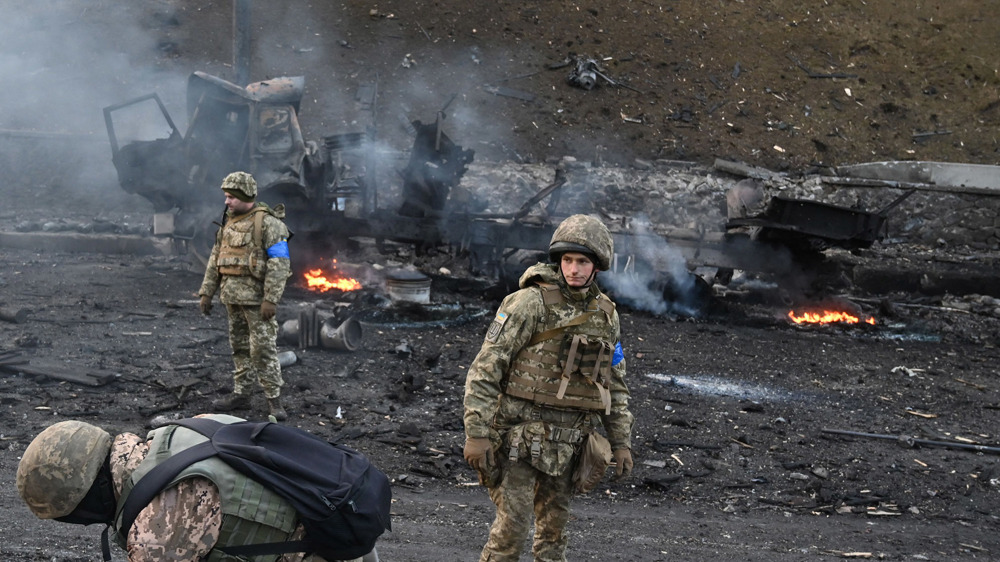
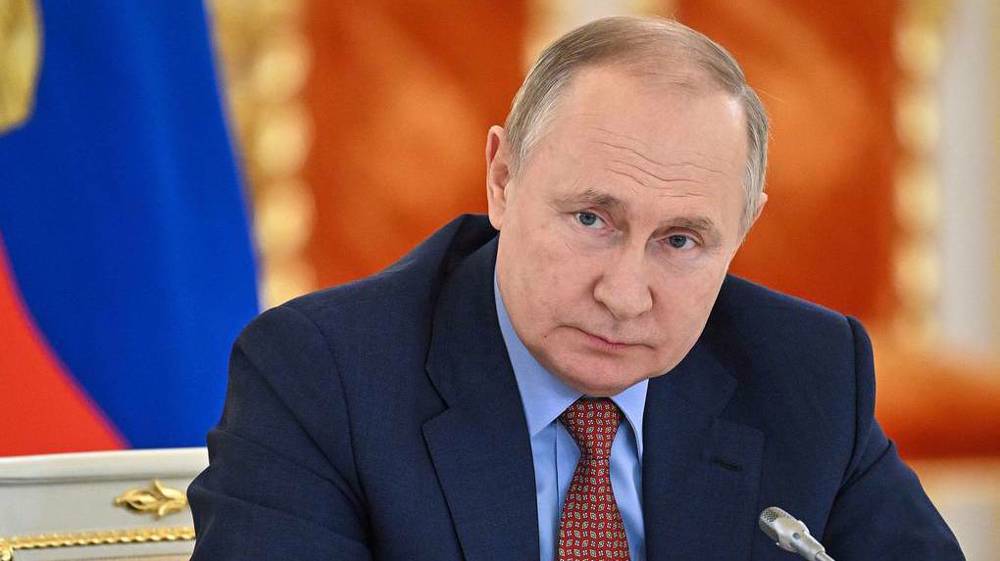
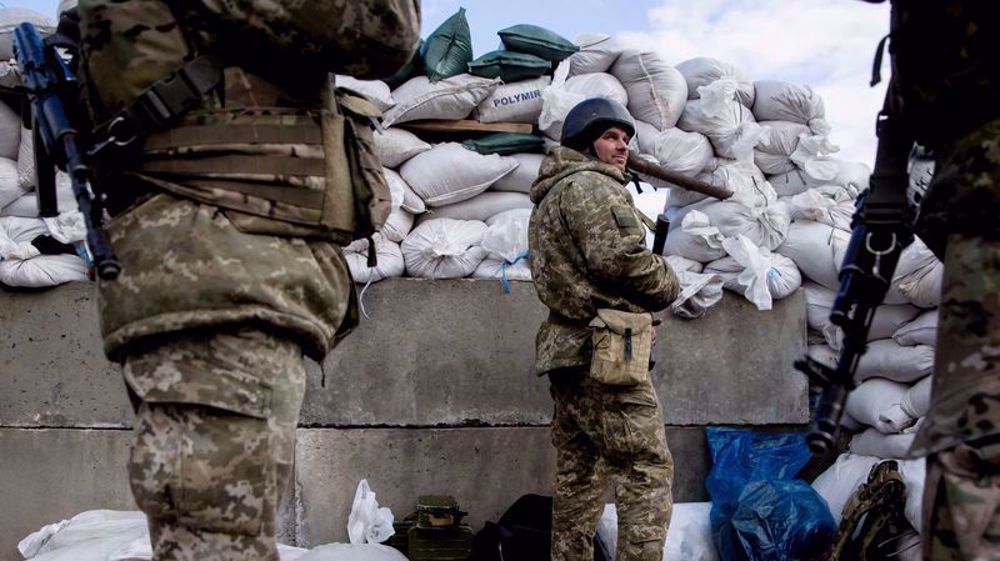
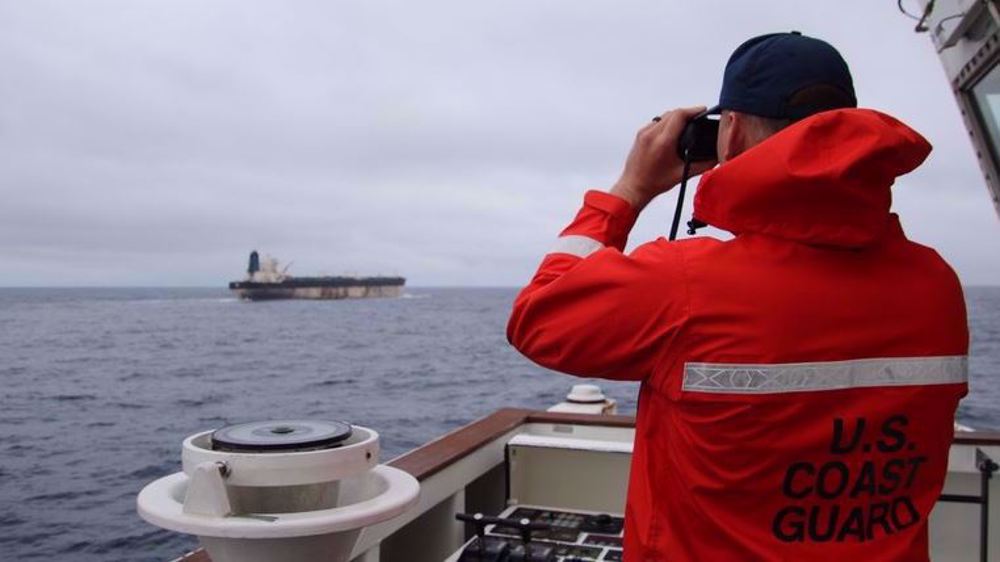
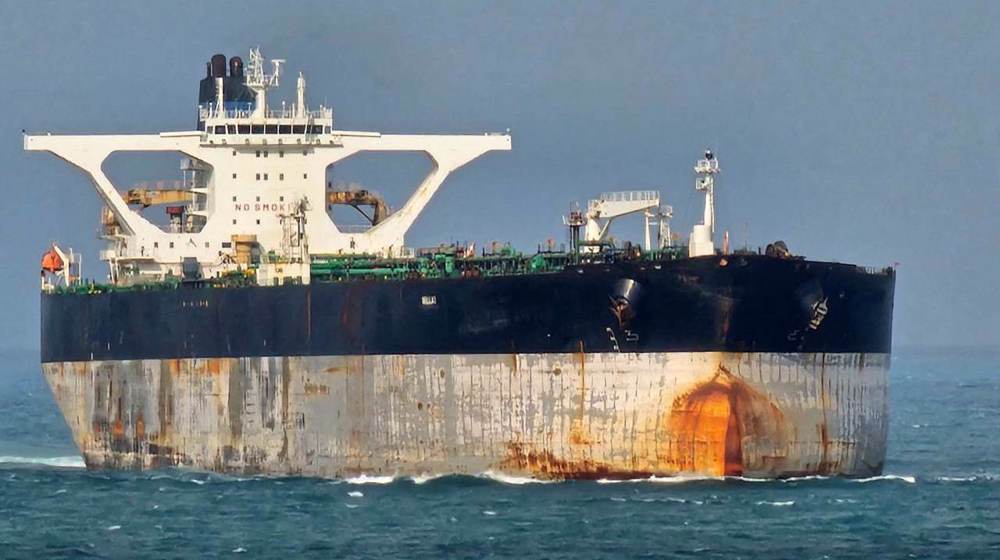
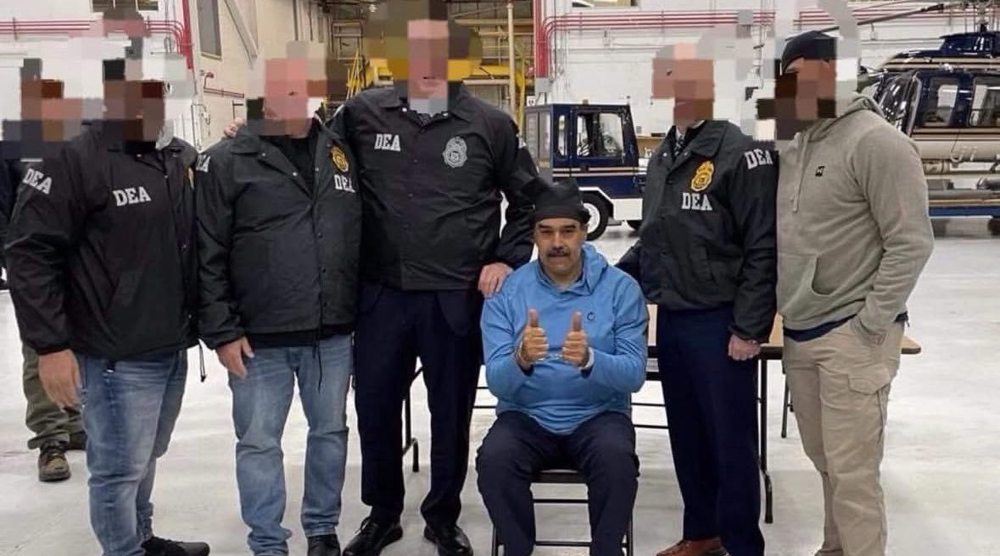




 This makes it easy to access the Press TV website
This makes it easy to access the Press TV website